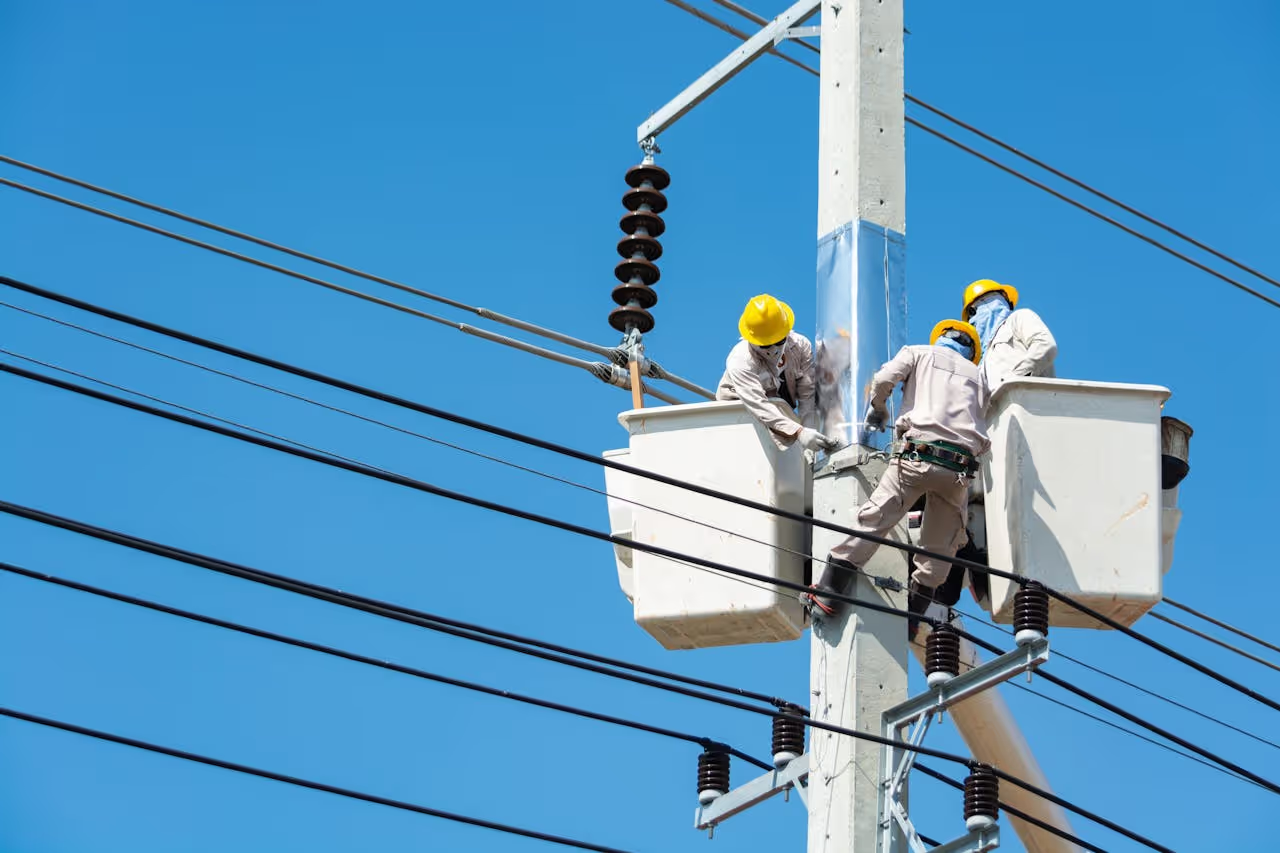How to Start a Career in Electrical Work
Have you ever considered becoming an electrician? It's a rewarding career with strong job security, diverse work environments, and great earning potential. Whether you want to work in residential, commercial, or industrial settings, the path to becoming a licensed electrician in the United States follows a structured process. Here’s a clear and supportive step-by-step guide to get you started.
Essential Qualifications and Education for Aspiring Electricians
You don’t always need a college degree to become an electrician. However, a high school diploma or GED is the baseline requirement for most electrician apprenticeships and training programs. Here’s what educational steps you should focus on:
- Earn a high school diploma or GED.
- Take courses in mathematics, especially algebra and geometry.
- Physics and basic technology courses are also helpful.
- Shop or vocational-technical classes can provide hands-on experience.
Strong problem-solving skills and manual dexterity are essential in electrical work. Developing these during your high school years gives you a head start when entering the trade.
Apprenticeship Programs: Gateway to the Electrical Trade
Most states require you to complete an electrician apprenticeship program before you can become a journeyman electrician. Apprenticeships give you paid, on-the-job experience alongside classroom instruction. Here’s what to expect:
- Apprenticeships typically last 4-5 years.
- You’ll work under the guidance of licensed electricians, learning trade secrets and industry standards.
- Classroom instruction usually covers:
- Electrical theory
- Blueprint reading
- Safety protocols
- Electrical code requirements (such as the National Electrical Code)
- To get into an apprenticeship, you may need to pass an aptitude test and complete an interview.
Some people attend a technical or trade school before applying for an apprenticeship. This is optional but can make you a stronger candidate.
Licensing and Certification: Fulfilling State Requirements
After you finish your apprenticeship, you must pass a licensing exam to become a journeyman electrician. Every state—and sometimes even individual cities—sets its own licensing requirements. Here’s a breakdown of what this step usually involves:
- Pass a written exam covering the National Electrical Code, local codes, and electrical theory
- Show proof of completed apprenticeship hours (usually between 8,000 and 10,000 hours)
- Submit an application and pay a licensing fee
Once licensed as a journeyman, you’re authorized to work independently and supervise apprentices. To make further career progress, many electricians go on to become master electricians. This process often requires:
- Several additional years (often 2-4) of experience as a journeyman
- Passing a more advanced exam that tests business knowledge and complex electrical systems
On-the-Job Skills and Physical Demands in Electrical Work
Being an electrician is a hands-on job that requires certain physical and technical abilities. If you enjoy variety, teamwork, and problem-solving, this trade could be an ideal match. Some key skills and work habits include:
- Attention to safety procedures
- Analytical thinking and troubleshooting
- Good hand-eye coordination and manual dexterity
- Physical stamina for lifting, standing, or climbing ladders
- Clear communication skills
You’ll also need to stay up-to-date with new technology, state codes, and industry advancements throughout your career.
Specialization Options for Electricians
The field of electrical work offers multiple pathways and specializations. Depending on your interests and local job market, you can choose from areas such as:
- Residential Electrician—focus on homes and apartments
- Commercial Electrician—work on offices, retailers, and other businesses
- Industrial Electrician—maintain factories and manufacturing plants
- Lineman—install and repair power lines
- Low Voltage Technician—focus on alarms, data cabling, and communications
Some electricians choose self-employment and run their own businesses after gaining enough experience and obtaining proper licensing and insurance.
What Tools and Equipment Do You Need as an Electrician?
Every electrician needs a set of essential tools to get started. Most employers or apprenticeship programs will guide you on what to buy, but a starter kit often includes:
- Screwdrivers (flathead and Phillips)
- Wire strippers and cutters
- Pliers (needle-nose, lineman’s, diagonal)
- Voltage tester and multimeter
- Tape measure and utility knife
- Flashlight or headlamp
- Electrical tape and fish tape
- Work gloves and safety glasses for protection
As you develop your skills, you’ll add more specialized tools to match your area of expertise.
Frequently Asked Questions About Becoming an Electrician
How long does it take to become a licensed electrician?
It typically takes 4 to 5 years to complete an electrician apprenticeship and become eligible to take the licensing exam. This includes about 8,000 to 10,000 on-the-job training hours and classroom instruction.
Do you need a college degree to become an electrician?
No, you do not need a college degree to become an electrician. A high school diploma or GED is required. Additional training typically comes from an apprenticeship or technical school.
Is being an electrician a good career choice?
Yes, being an electrician is considered a stable and rewarding career. The demand for skilled electricians remains high, and experienced electricians can earn competitive salaries with opportunities for advancement.
What skills should I develop to succeed as an electrician?
Develop strong problem-solving abilities, teamwork, attention to detail, and manual dexterity. Understanding safety procedures and mastering technical electrical knowledge are also essential.
Can I become a master electrician?
Yes, after working as a licensed journeyman for a few years, you can qualify to become a master electrician by passing an advanced exam and meeting your state’s experience requirements.
Related Search Queries People Also Ask
- How to become a certified electrician?
- Electrician apprenticeship requirements USA
- How long does it take to be a licensed electrician?
- Electrician school vs apprenticeship
- What math do electricians need?
- Entry-level electrician skills
- Requirements to become an industrial electrician
- Electrician job outlook and salary
For those dedicated to learning and mastering a skilled trade, becoming an electrician can be extremely fulfilling. The path is clear and structured, and leads to a career filled with variety, problem-solving, and real-world impact.










.svg)



